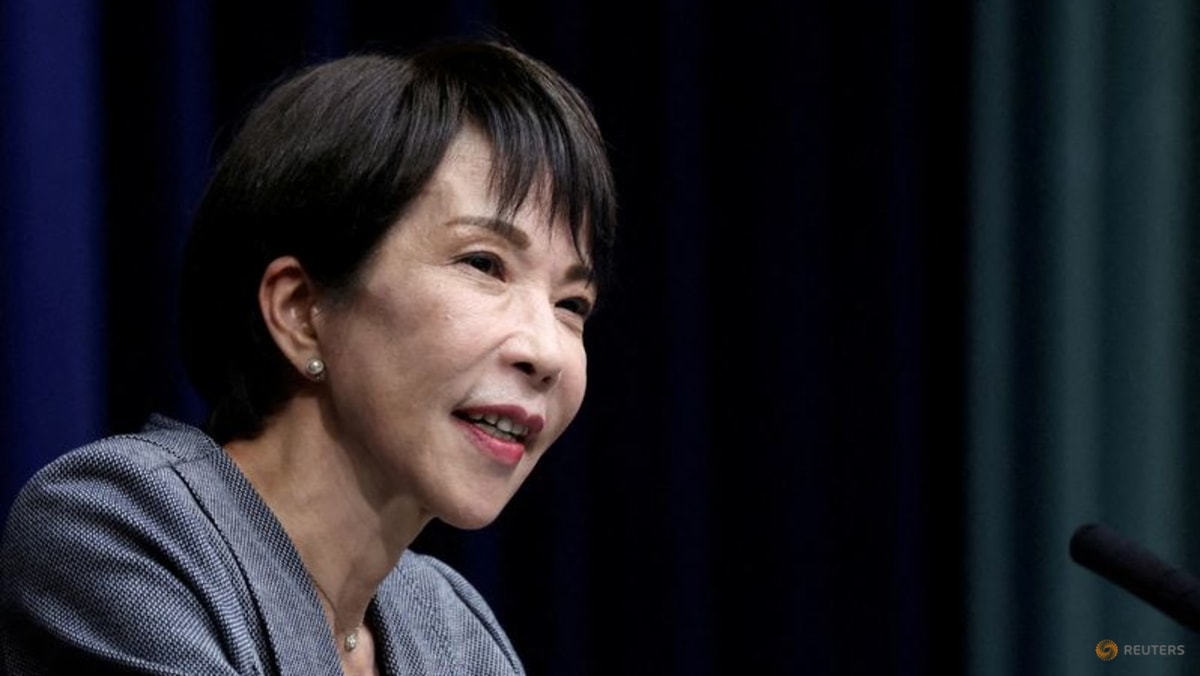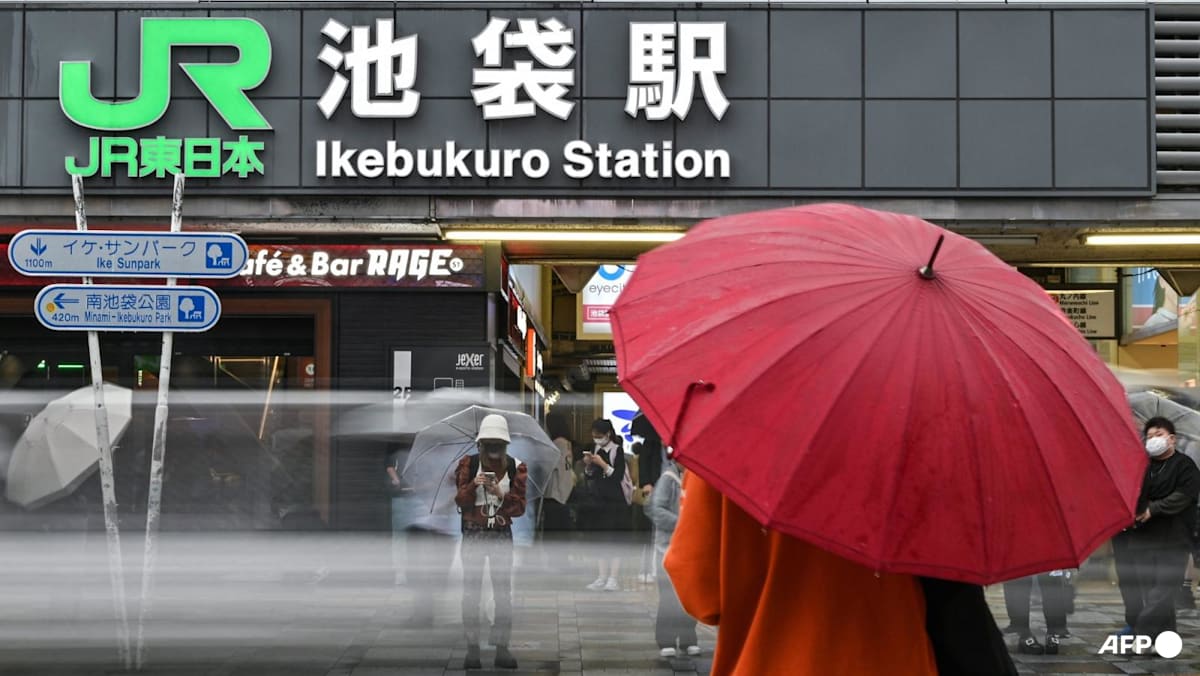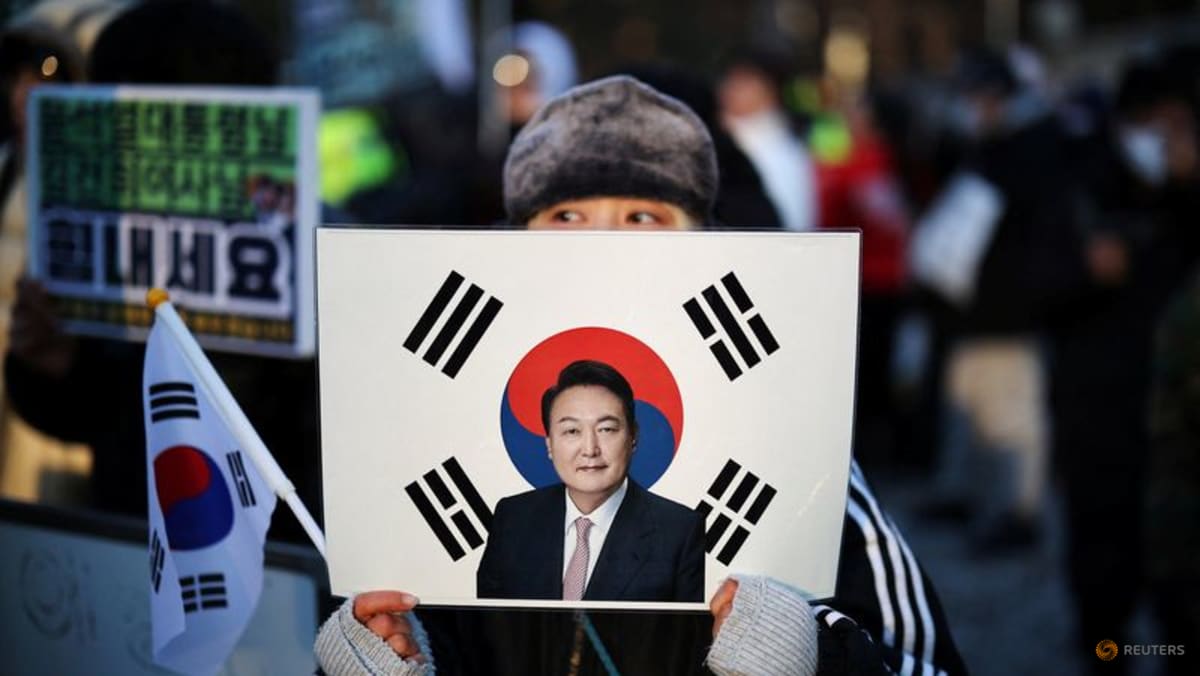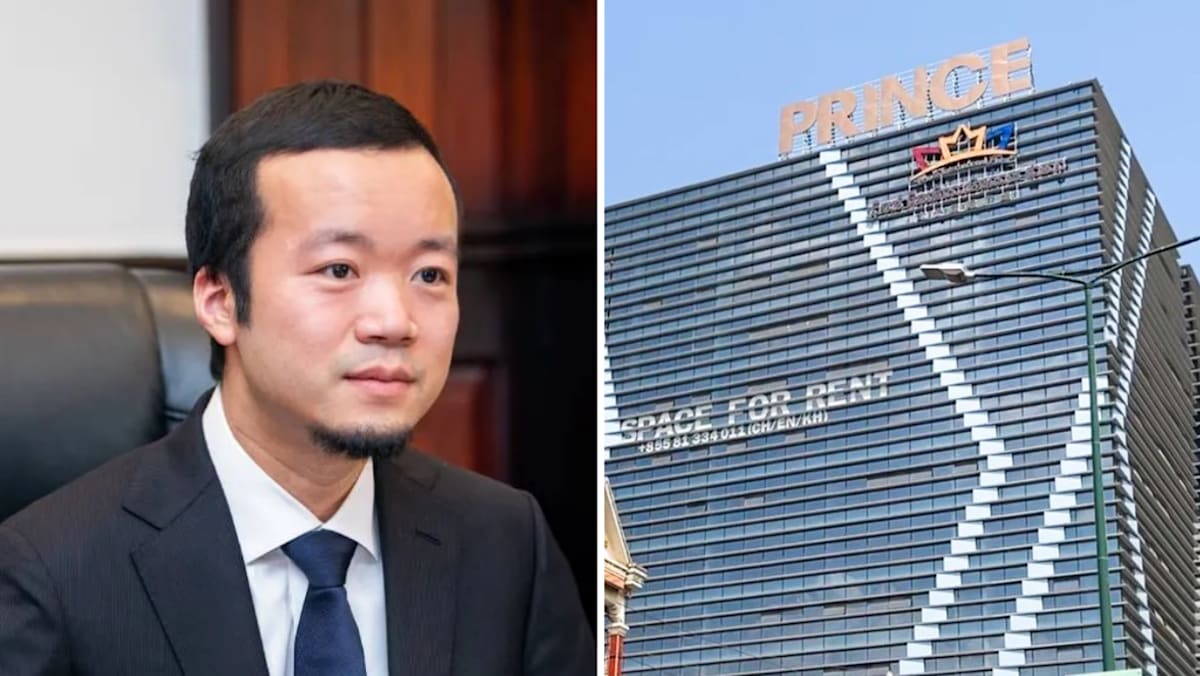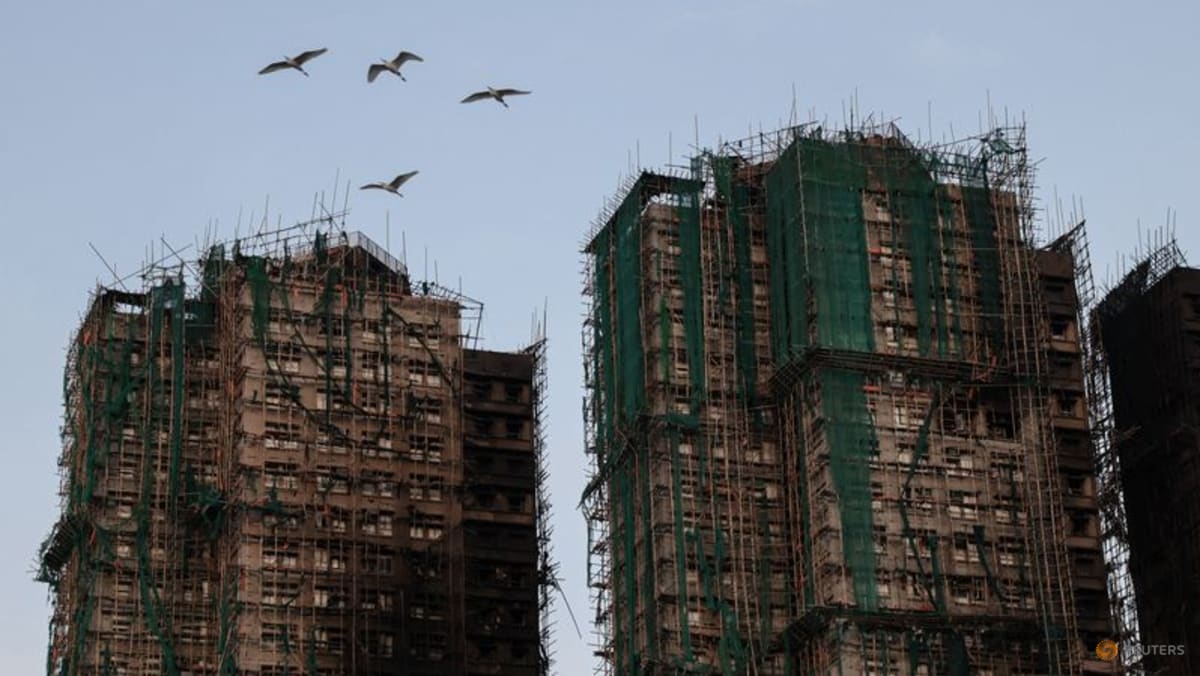Commentary: Muhammad Yunus faces the most extraordinary test – as Bangladesh’s saviour

DIFFICULT JOB AHEAD AS INTERIM LEADER
But perhaps more worrying for Yunus was that after his Nobel win, he suddenly attracted the evil eye from Hasina, who had previously been supportive.
Yunus made a brief foray into politics in 2007, announcing plans to start a political party, however abandoned them within a few months. In 2011, Hasina’s government announced a review of Grameen Bank activities, and Yunus was removed as its head.
Since then, he has faced numerous legal cases, widely believed to be the result of a campaign of harassment as part of Hasina’s personal vendetta against him.
In fact, last year more than 170 influential world figures wrote an open letter to Hasina, calling on her to end the “continuous judicial harassment” of Yunus. Signatories included Barack Obama, Ban Ki-moon and several Nobel laureates. The letter said they were “deeply concerned with the threats to democracy and human rights” in Bangladesh.
It’s not clear what will happen to those cases now, with Hasina out of power. But even in his limited capacity as interim leader, Yunus has a difficult job ahead: To re-establish law and order, rebuild trust in the state, work effectively with the military, and ensure that elections are conducted in a free and fair manner.
At the age of 84, Yunus now finds himself responsible for an entire nation, rather than one element of economic reform.
Aarti Betigeri writes on India issues as a journalist based in Canberra. This commentary first appeared on the Lowy Institute’s blog, Interpreter.
Source: CNA



